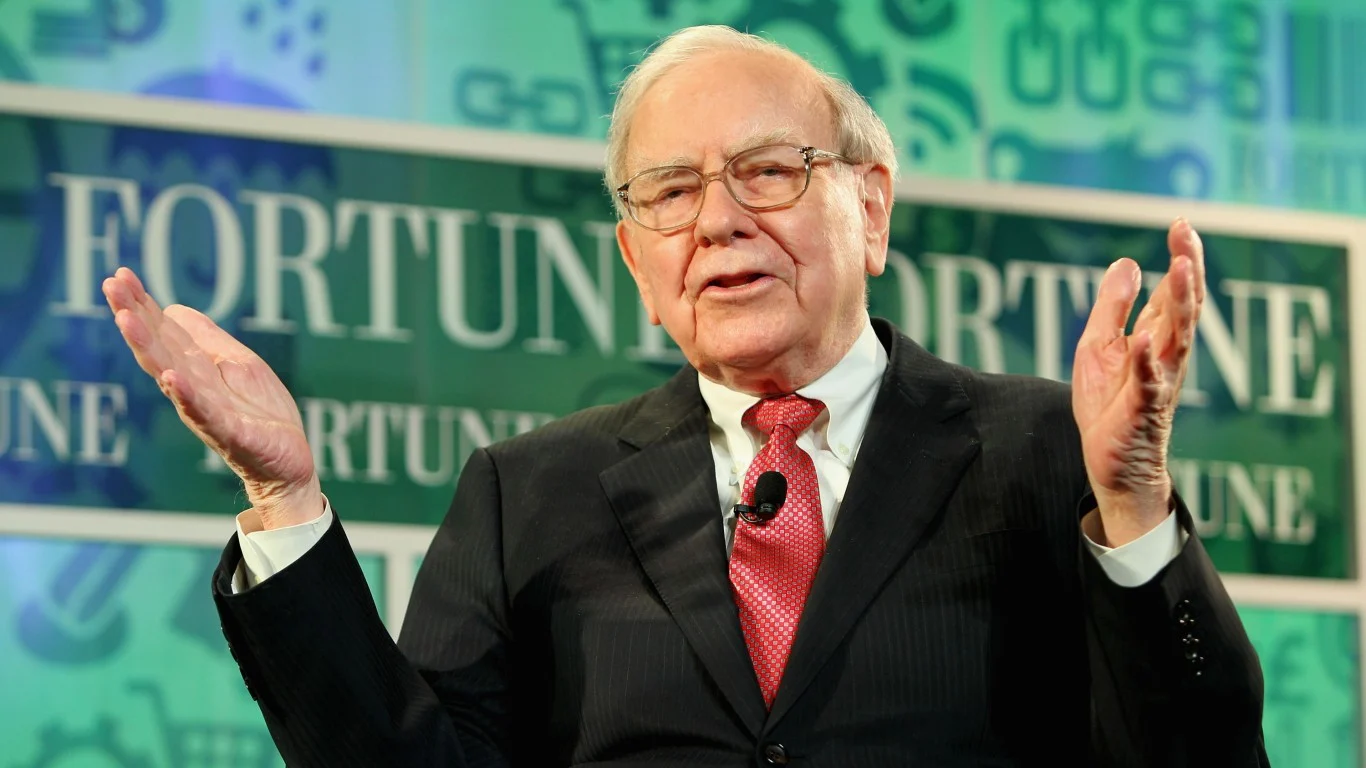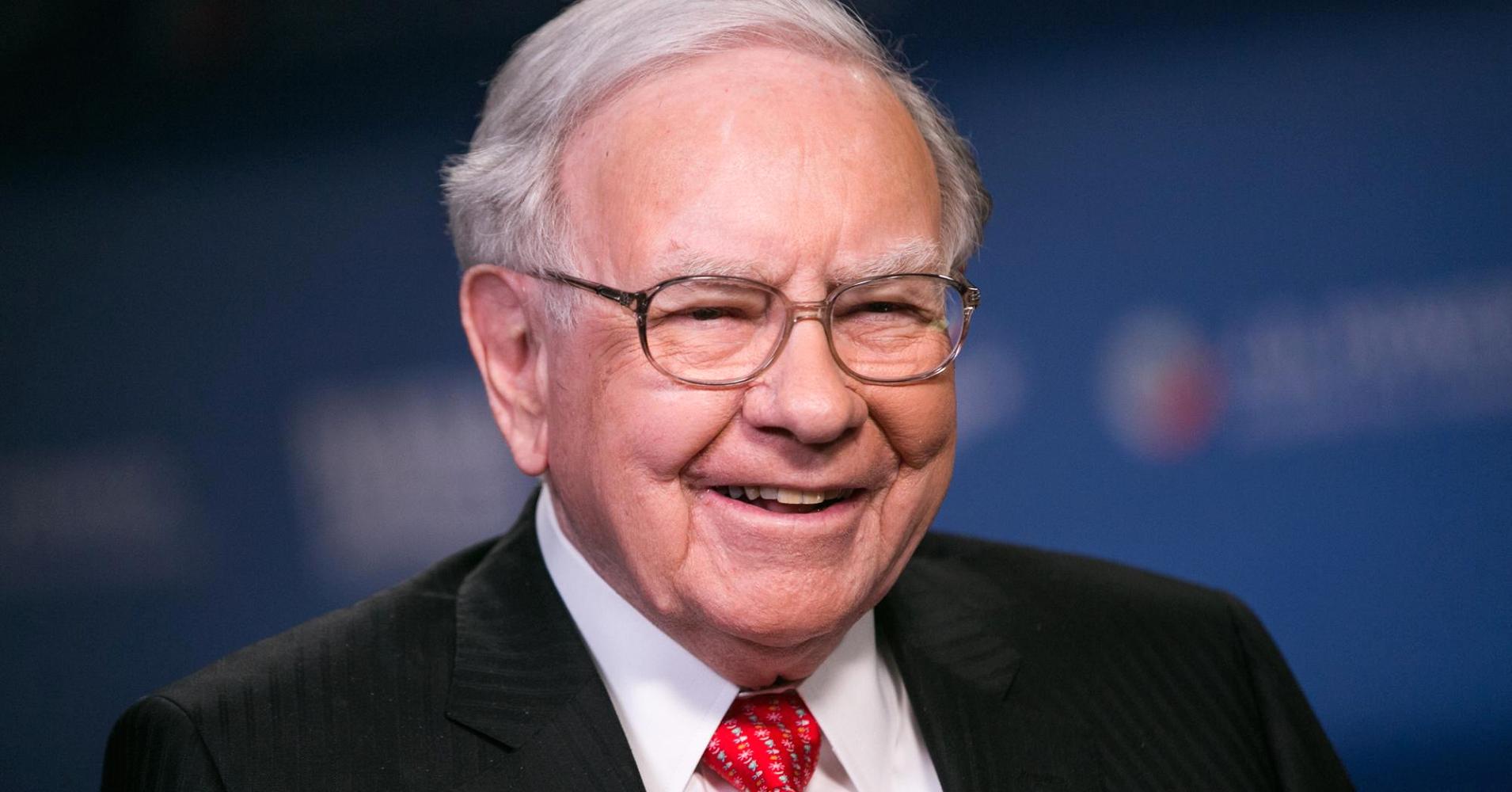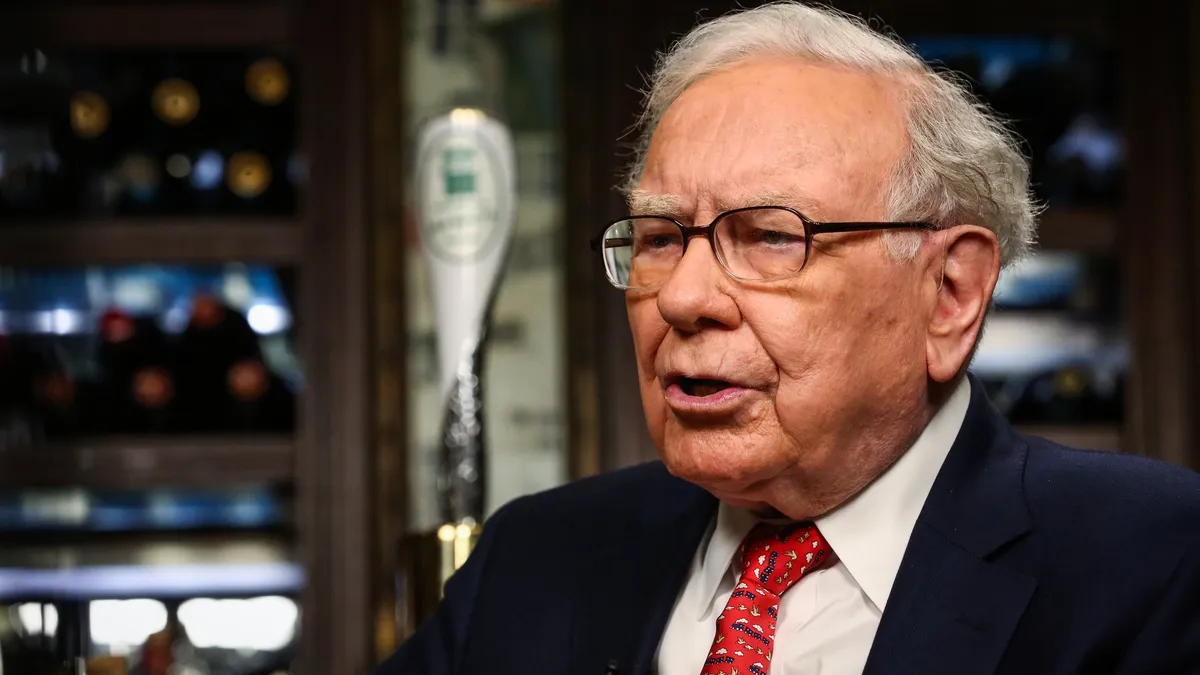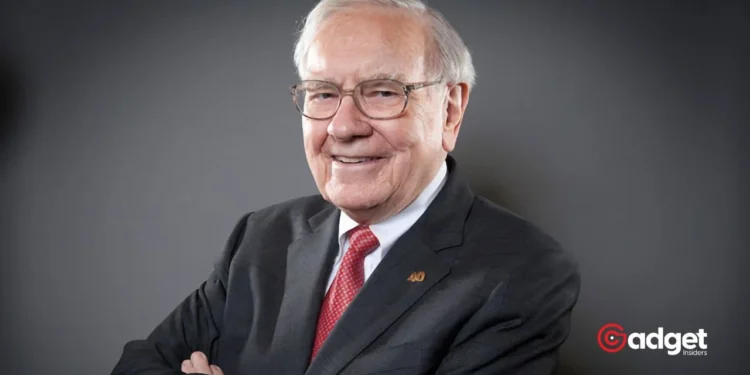The investment world took a brief pause this May when Berkshire Hathaway’s quarterly filings revealed a significant drop in its Apple stock holdings. An astounding 22% reduction in value certainly warrants attention, especially when it involves a conglomerate as closely watched as Warren Buffett’s. Yet, the truth behind these numbers tells a story far beyond mere financial fluctuations. It is a calculated maneuver rooted deeply in strategic financial planning and tax considerations.
During the bustling annual shareholders’ meeting in Omaha, Nebraska, Warren Buffett clarified the situation to his audience. Despite selling approximately 115 million shares, about 13% of its Apple investment, Berkshire Hathaway retains a hefty 790 million shares.
The sales spread throughout the first quarter of 2024, were not a signal of Buffett’s waning faith in Apple but a tactical decision influenced by tax strategies.

Why Warren Buffett’s Berkshire Hathaway Sold Apple Shares
Warren Buffett, known for his sage investment philosophy, remains bullish on Apple. The decision to sell was not taken lightly and was primarily influenced by tax considerations. In his own words, shared during the annual meeting, Buffett expressed no qualms about paying taxes on the profits, suggesting a broader perspective on fiscal responsibility and national welfare.
“I would hope with all that America’s done for all of you, it shouldn’t bother you that we do it,” Buffett remarked, underscoring his pragmatic approach to financial decisions.
My Saturday story part deux. Warren Buffett Set to Take the Stage at Berkshire Hathaway’s 2024 Annual Meeting https://t.co/z2PmYJuGfb via @BarronsOnline
— andy serwer (@serwer) May 4, 2024
Despite the sale, Apple continues to represent a massive portion of Berkshire’s portfolio. At the close of the first quarter of 2024, Apple accounted for about 40% of the conglomerate’s stock portfolio, valued at approximately $335.9 billion.
This marked a slight decline from the end of 2023 when Apple made up about 49% of a then-$353.8 billion portfolio. Such figures are indicative not only of Berkshire’s investment strategy but also of the fluctuating nature of stock valuations and market conditions.

The Ongoing Commitment to Apple and Future Predictions
Buffett’s faith in Apple remains unshaken. He predicted that by the end of the year, Apple would continue to be Berkshire’s largest holding. This belief is supported by Apple’s performance, with shares rising 48% in 2023, although they experienced a nearly 11% dip in the first quarter of 2024.
Buffett’s reassurance to his shareholders and his public affirmation of belief in Apple’s fundamentals highlight his long-term investment strategy, which often transcends short-term market volatility.
Moreover, the presence of Apple CEO Tim Cook at the shareholders meeting further cements the strong relationship between the two behemoths. This partnership, initiated by the late Charlie Munger back in 2016, has proved to be a fruitful one, with Buffett acknowledging the fantastic success of this investment.

Reflections on Fiscal Responsibility and Investment Ethics
Buffett’s comments at the shareholders’ meeting also touched on broader economic issues, including potential tax rate increases to address the U.S. fiscal deficit. His willingness to sell a portion of his Apple shares and pay taxes at a 21% rate, possibly increasing in the future, reflects a deep-seated belief in contributing to the national economy.
“It shouldn’t bother you that we do it,” Buffett stated, aligning fiscal responsibility with patriotic duty. While the headlines may scream of a major sell-off, the reality is much more nuanced. Warren Buffett’s strategy regarding Apple is a balanced blend of financial acumen, ethical consideration, and a strategic outlook toward future growth and stability.
Berkshire Hathaway’s movements in the stock market continue to teach valuable lessons in investment strategy and fiscal responsibility, reminding us that sometimes, paying taxes is not only necessary but commendable.










